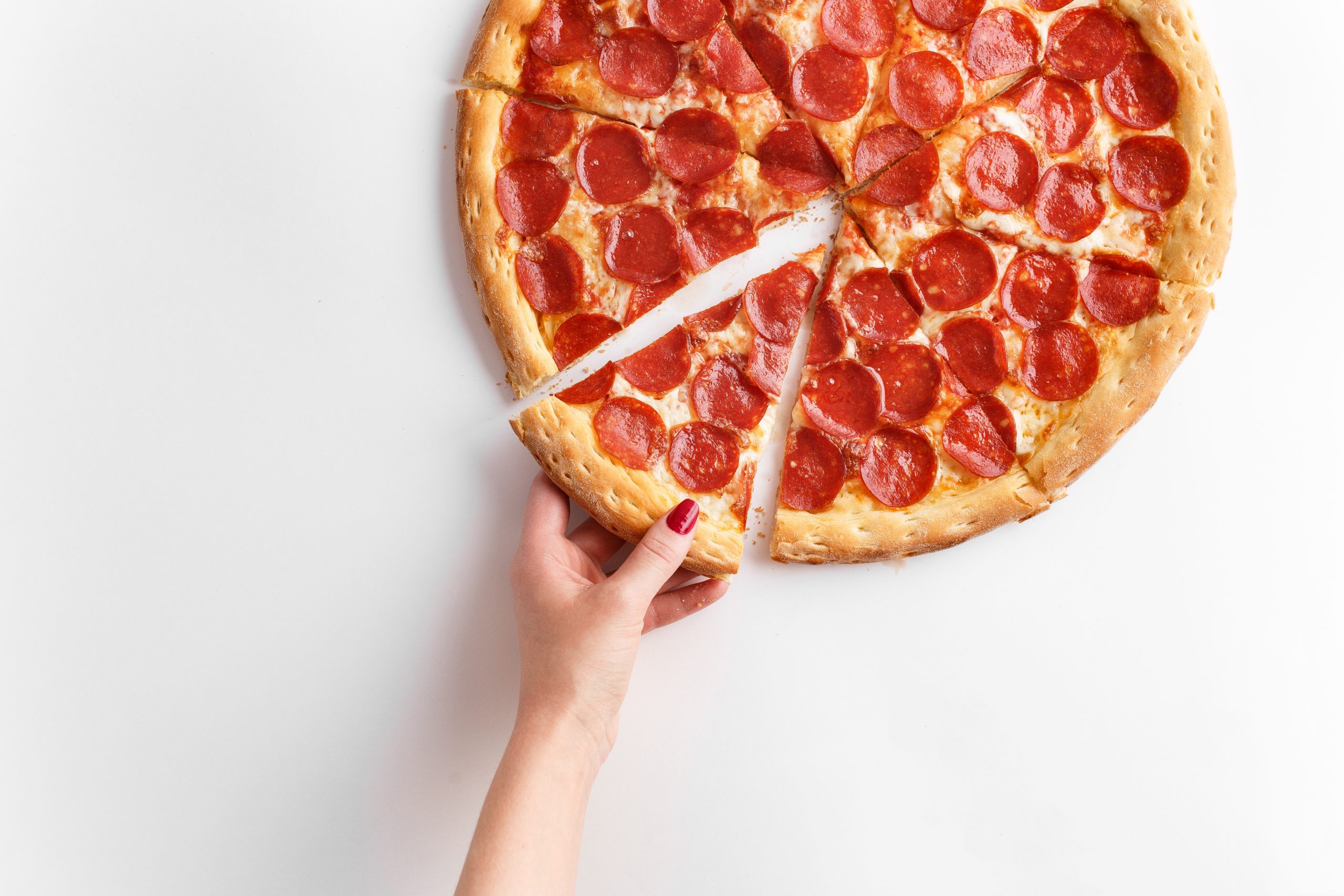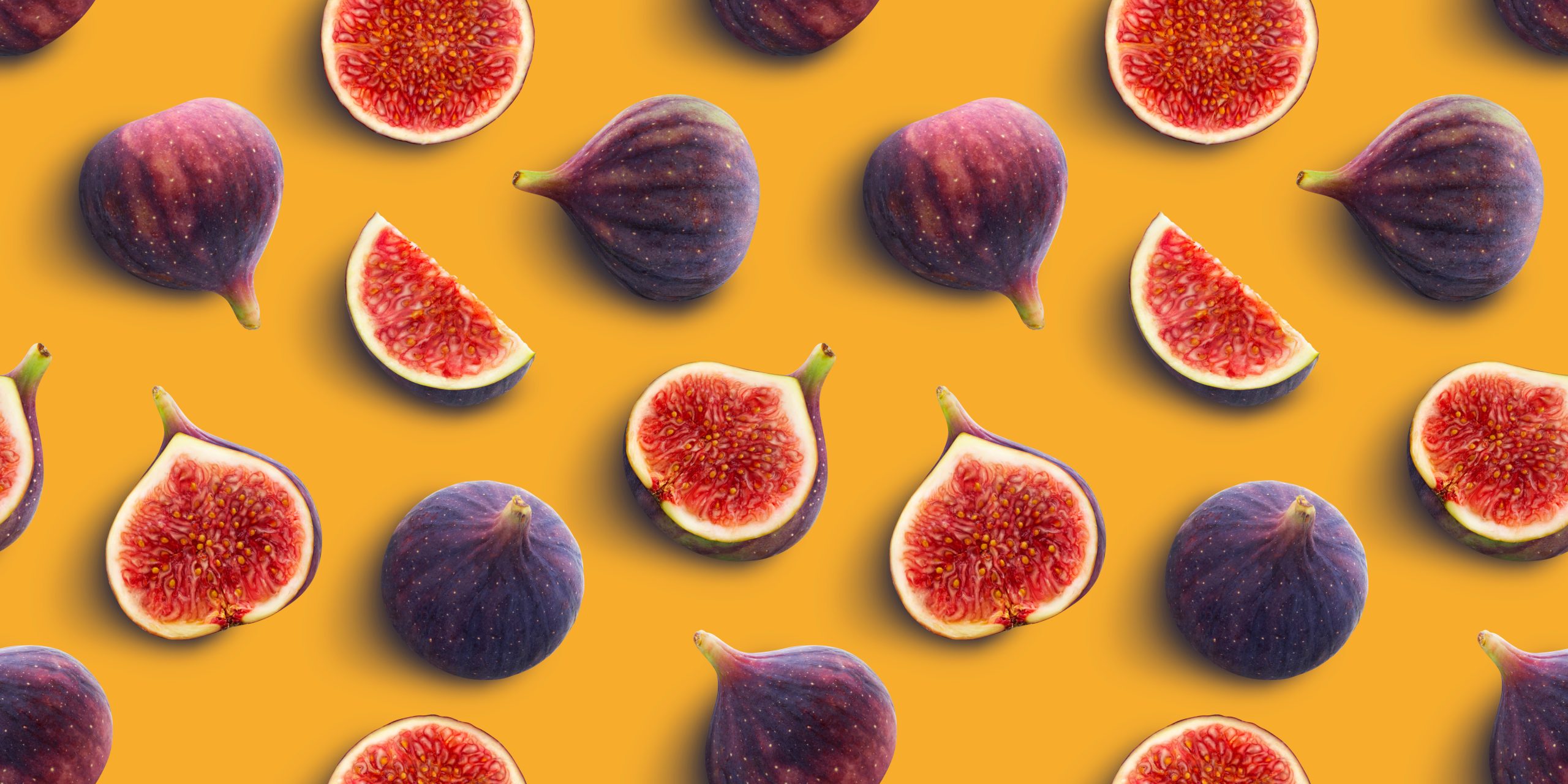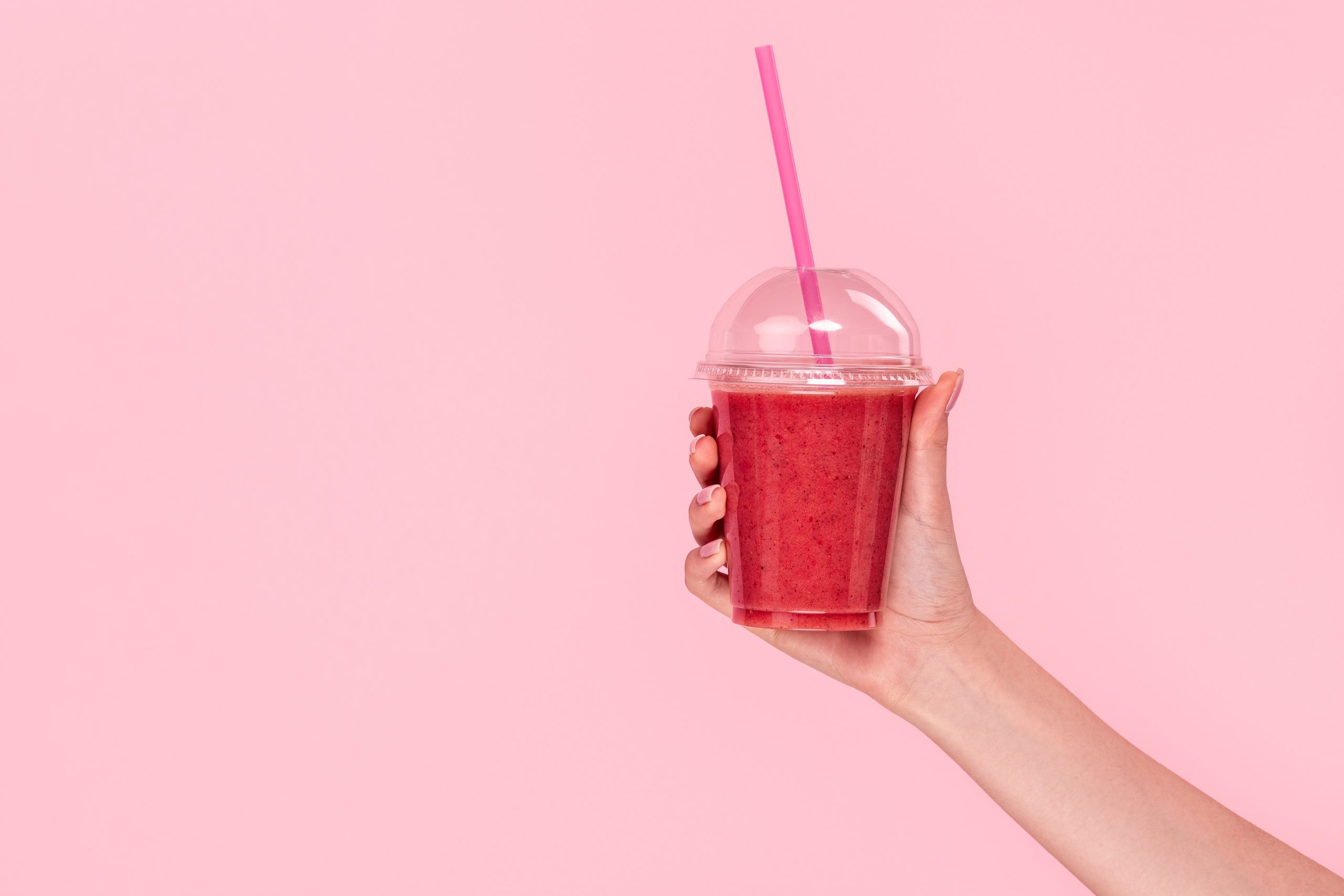Making peace with food
The goal of this principle is to give yourself unconditional permission to eat all foods, whenever you’re hungry, and without feeling like you have to make adjustments or sacrifices if you “screw up” (1).
Take a minute right now, and think about foods that diet culture has taught you are "good", and those you've been taught are "bad". Now: reject those labels! Instead, think about how those foods make you feel (without any diet culture judgment). This principle is about self-care, not self-control (2).
Restrictions, cravings and guilt
When we tell ourselves we can’t have a certain food because it's “bad”, it often just leaves us craving that food. Then, when we finally give in to that craving, we often overeat the very food we had been depriving ourselves of, creating an endless cycle of guilt and shame.
The problem is: many of us worry that if we allow ourselves access to an “off limits” food, we won't have the self-control to stop eating it, or that without limits and rules, we won't eat healthfully. The truth is, that's typically not the case!
Studies on food habituation have proven that if we allow ourselves unlimited access to foods with no restrictions, over time, previously restricted foods become neutral. That means we don’t just keep over-eating those foods forever, and - typically - we'll eventually get tired of them (3).

Making peace with food can be scary
This can be especially difficult for those who have been restricting for a long time. Evelyn Tribole - one of the founders of the Intuitive Eating Principles - suggests the following steps to get you started:
- Make a list of your "forbidden" foods. You might even want to go the extra step and rank them from scariest to least scary.
- Plan to try one of your "forbidden foods" (start with the least scary) an hour or two after a meal so that you’re not starving - otherwise you might overeat due to hunger, and exacerbate those feelings of not being in control. Allow yourself to focus on and enjoy the experience.
- As you eat, be curious and nonjudgmental. With each bite, ask yourself:
- How does it taste?
- Am I enjoying it?
- Is it what I expected?
BEFORE YOU GO: This program is not a replacement for eating disorder treatment. If you suspect you have an eating disorder, don't hesitate to reach out to Erin (see below), or any other trusted health professional for support and guidance.
Connect with us!
UBCO’s Registered Dietitian, Erin, is here to help!
And for nutrition tips, recipes, and more, visit the UBCO Food Services Nutrition Blog.








